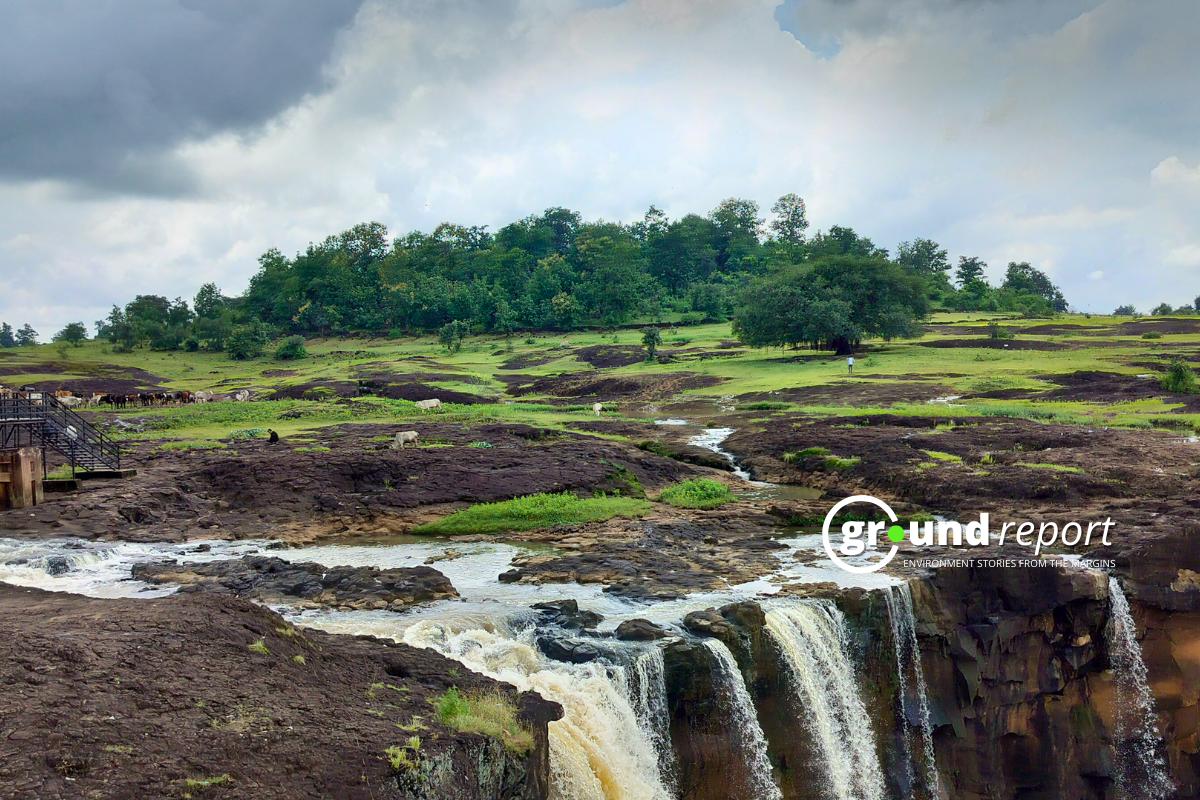A coalition of more than 11,000 scientists declared a climate emergency in 2019, establishing a set of vital signs for the Earth in order to measure effective climate action. Now, 20 months later, in a study, they collect the results of these signs, which reflect the consequences of “continuing as usual” in relation to climate change.
Natural disasters increasing
Specifically, the authors detail an unprecedented increase in climate-related disasters since 2019, including devastating floods, record-breaking heatwaves, and extraordinary storms and wildfires. They state that three key greenhouse gases registered records that were extended to 2020 and 2021. In fact, in June they touched 420 parts per million.
In response to these unprecedented findings and the ongoing climate crisis, the study calls for a ” phase-out of fossil fuels, ” as well as the establishment of strategic climate reserves for carbon storage and biodiversity protection. On the other hand, they demand a global carbon price high enough to induce “decarbonization” across the entire industrial and consumer spectrum.
“The disasters and extreme weather patterns we have witnessed in recent years, not to mention the past few weeks, highlight the increased urgency with which we must address the climate crisis,” says Philip Duffy, study co-author and executive director of the Woodwell Climate Research Center.
“Without a plan for rapid decarbonization and large-scale investments in natural climate solutions, these indicators of climate change will continue to worsen, pushing our essential ecosystems beyond recovery point,” he adds.
The study also shows that deforestation is reaching unsustainable limits. In the United States, for example, the total area devastated by fires in 2020 reached 4.1 million hectares, the second-largest ever documented.
1.11 million hectares deforested in 2020
Annual rates of forest loss in the Brazilian Amazon increased in both 2019 and 2020, reaching a 12-year high of 1.11 million hectares deforested in 2020.
The sea ice also took place in this study, they say that is falling to historic lows. The edification of the oceans, together with thermal stress, is threatening the coral reefs on which more than 500 million people depend for food, tourism, and defense against extreme events.
“There is growing evidence that we are approaching or have already passed the tipping points associated with important parts of the Earth system, including warm-water coral reefs, the Amazon rainforest, and the West Antarctic and Greenland ice sheets.”, argues William. Ripple, lead author of the study and distinguished professor of ecology at Oregon State University (OSU).
“We need to quickly change the way we are doing things, and new climate policies should be part of COVID-19 recovery plans whenever possible. It is time for us to come together as a global community with a shared sense of cooperation, urgency, and fairness ”, he concludes.
Support us to keep independent environmental journalism alive in India.
Keep Reading
MP farmers battle stray animals, sleepless nights to protect crops
Indore’s Pipliyahana Lake struggles to survive, even after conservation measures
Costliest water from Narmada is putting financial burden on Indore
Changing weather pattern impacts soybean crops in Dewas region of MP
Follow Ground Report on X, Instagram and Facebook for environmental and underreported stories from the margins. Give us feedback on our email id greport2018@gmail.com.
Don’t forget to Subscribe to our weekly newsletter, Join our community on WhatsApp, Follow our Youtube Channel for video stories.









